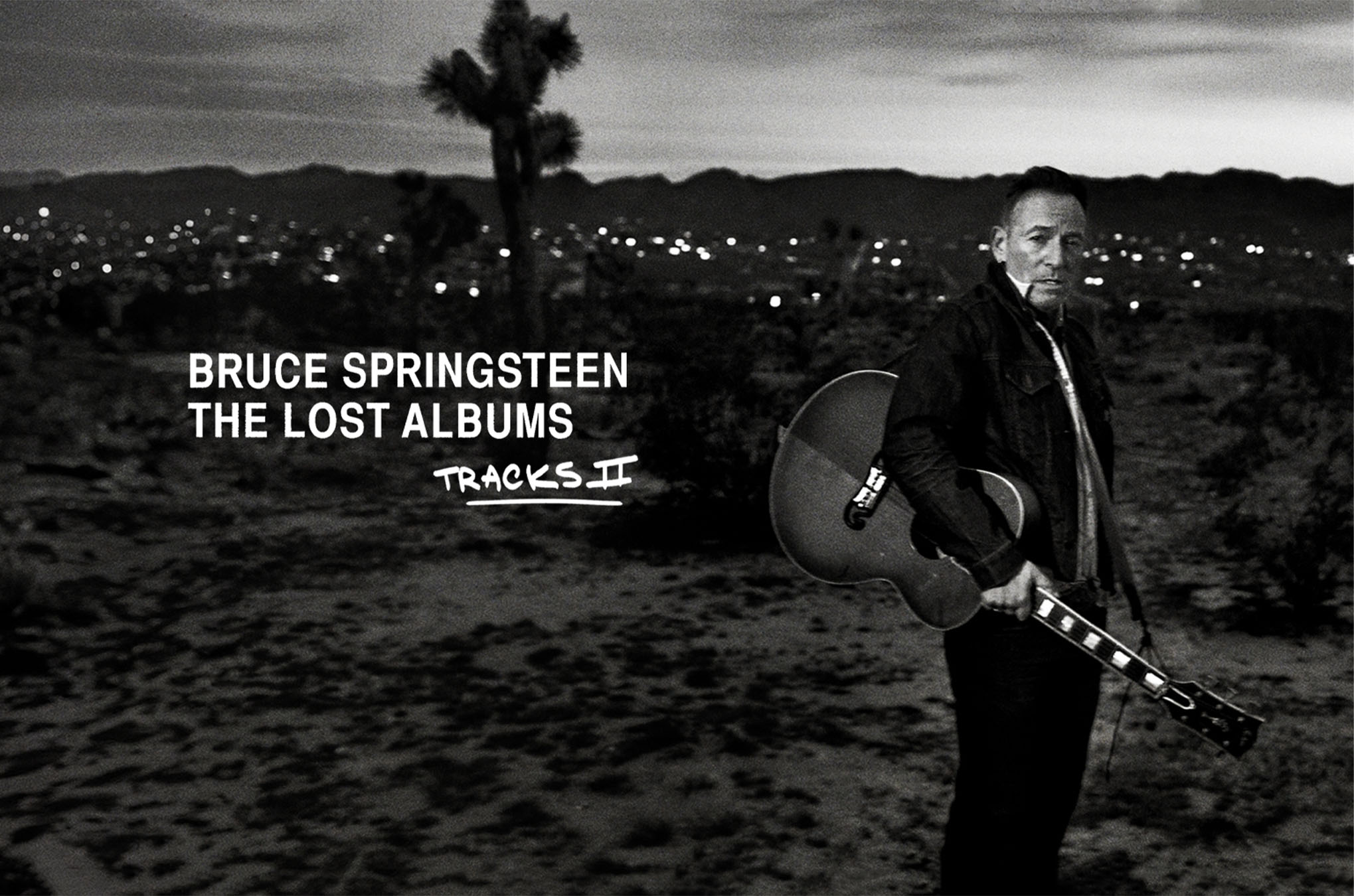9 tips for new or returning vinyl fans that will help you on your record-collecting journey
The do's and don'ts of record collecting, and some things we wished we'd known when starting out
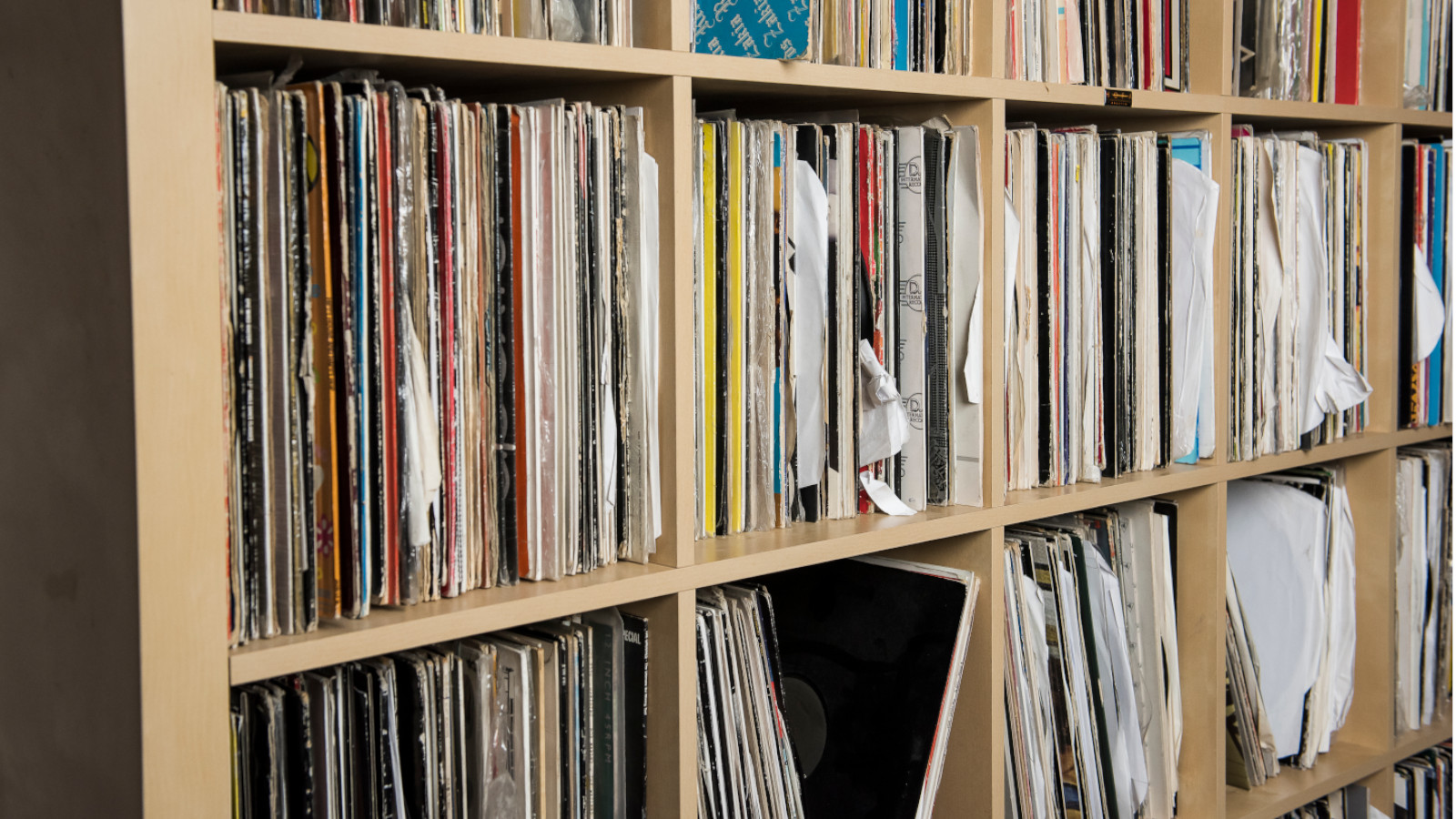
I began collecting vinyl in the 1980s, back when it wasn't so much a conscious act of 'collecting', but as a music-loving kid was simply my preferred format to buy LPs and singles on. Having survived its own 'death' and returned, strongly, in the last decade or so, vinyl has become so much more than the commodity it once was.
I'm thankful I was never tempted to get rid of my old records as I transitioned to CD and then MP3, and since I started to buy vinyl again, the nature of my record buying is unabashed 'collecting', adding each new purchase proudly to my existing collection (even if I already owned it on a digital format).
Record collecting is an extremely satisfying hobby and one that is easy to get hooked on. But it can be an expensive one. With the average price of vinyl having gone up by, according to Discogs' research, 24 per cent since 2020, inflation in particular has changed the way we are buying records.
Record lovers are by necessity exercising more caution in their buying, prioritising quality over quantity and focusing on records they really want. If you're just starting out on your collecting journey, or returning to it, post-revival, it's even more important to take care when building, and maintaining, your precious vinyl collection.
Here are ten tips encompassing what to do and what not to do, to help you make, and keep, a great record collection.
Check the physical vinyl if you're buying second-hand
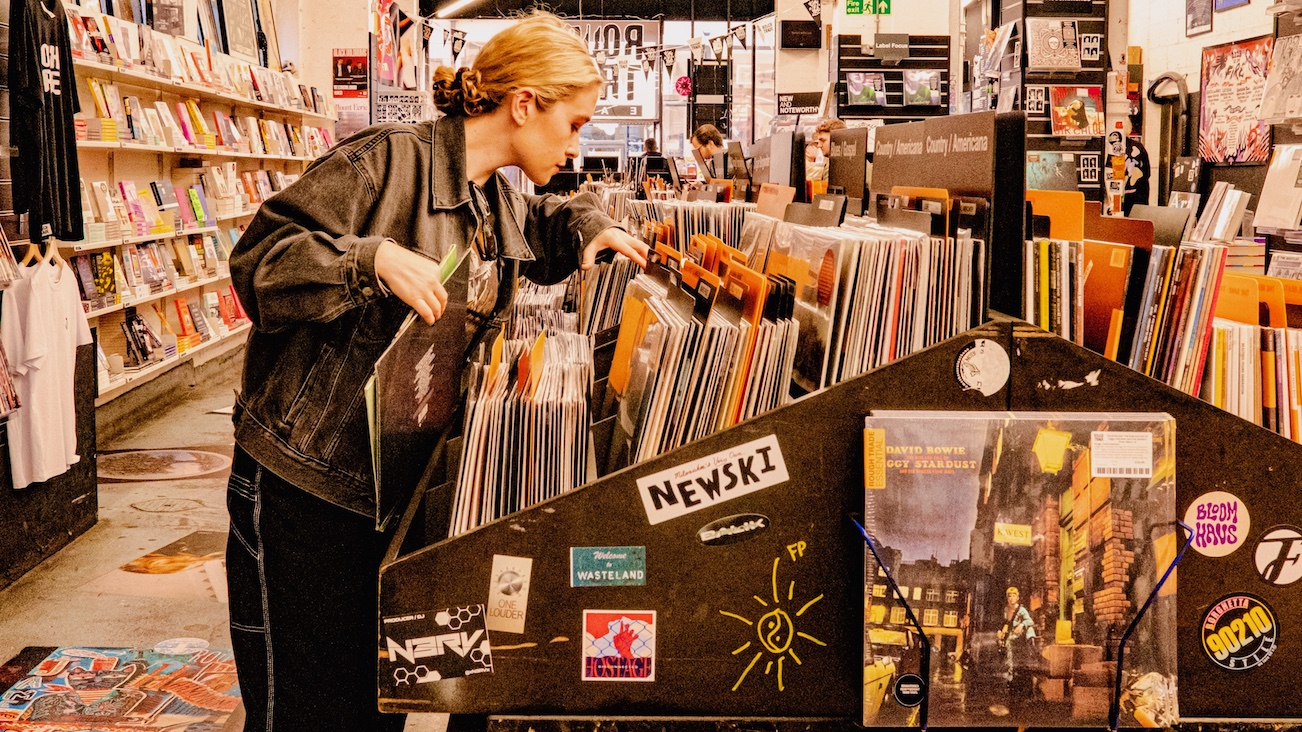
If you're crate-digging for second-hand records, check the actual vinyl itself before you commit. No decent record shop owner is going to mind you (carefully) taking the record out of its sleeve, and finding the best light to hold it up to, to check for obvious scratches, marks etc. I've bought second-hand records that, while the sleeve was in good condition, the record itself was fairly poor.
It cuts both ways that you can't always judge a record by its cover – I just picked up a bargainous copy of The Rolling Stones' Beggars Banquet at a record fair, whose sleeve was in a sorry state, with evident patches where stickers (probably from a lending library) have been removed. A tatty sleeve, for sure. But, the record itself is in very good condition for its age.
If you're not sure that you're looking at any sort of a bargain, get your phone out and quickly search for the record on Discogs, which is a handy resource for telling you what a record is selling for, dependent on its condition, and what it would cost you to get it posted to you. This will all help you assess the value of a record you're considering buying from a store.
Make sure your record player is level, stable and watch out for floor vibrations
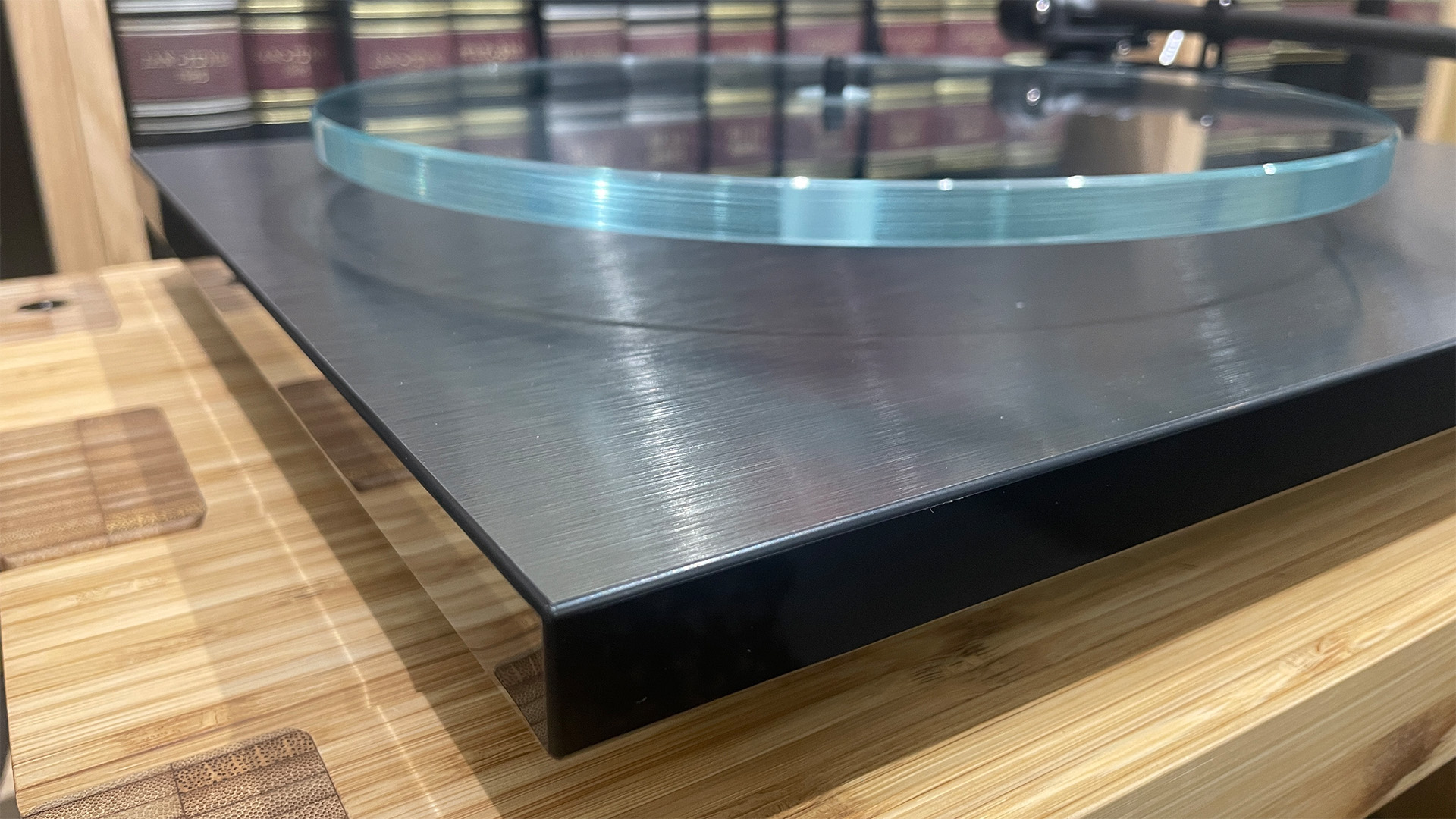
If the floor of your listening room is noticeably bouncy, or flexes with footfall (often this will be an upstairs room), be careful when your records are playing. Jumping around my student bedroom to Nirvana's Nevermind, upstairs in an old terraced house, caused my deck to jump and the needle to scratch Smells Like Teen Spirit permanently, rendering it unplayable without a massive jump, less than three days after Nevermind's release. And it's still in my collection, and still ruined.
You can read more about how to properly set up your record player to get the best sound and preserve your records better.
Use plastic wallets, you'll be glad you did
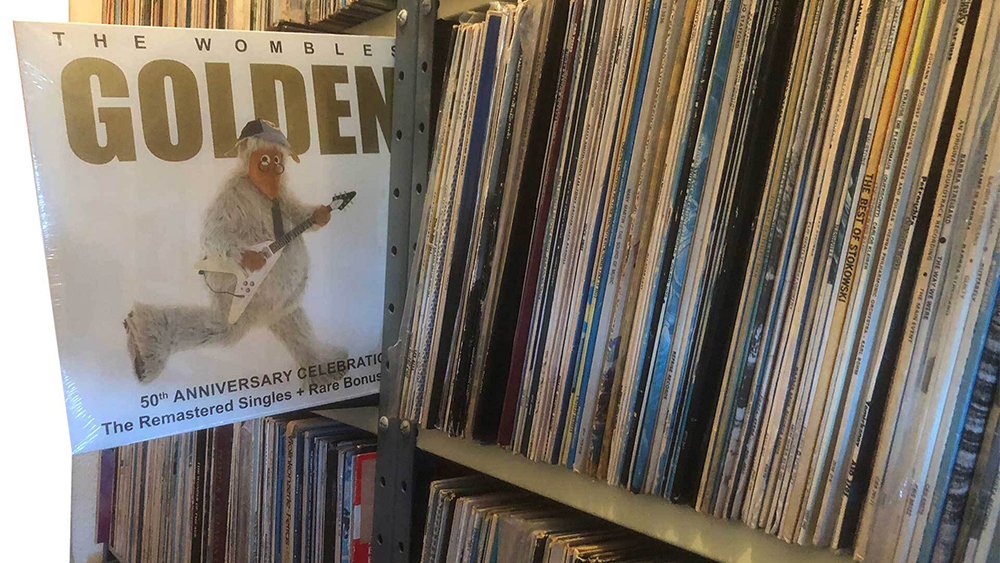
I used to think plastic sleeves made shelves of vinyl look a little scruffy, preventing you from seeing the spines which, when new, looked lovely and helped identify the record too. But years of thumbing through my collection has caused the spines to become scuffed and dog-eared.
Plastic wallets will help keep your record covers and the vinyl inside in much better nick. To help your filing, use cardboard dividers to help narrow down your search if you can no longer read the spines due to the plastic wallets.
Store your record collection properly
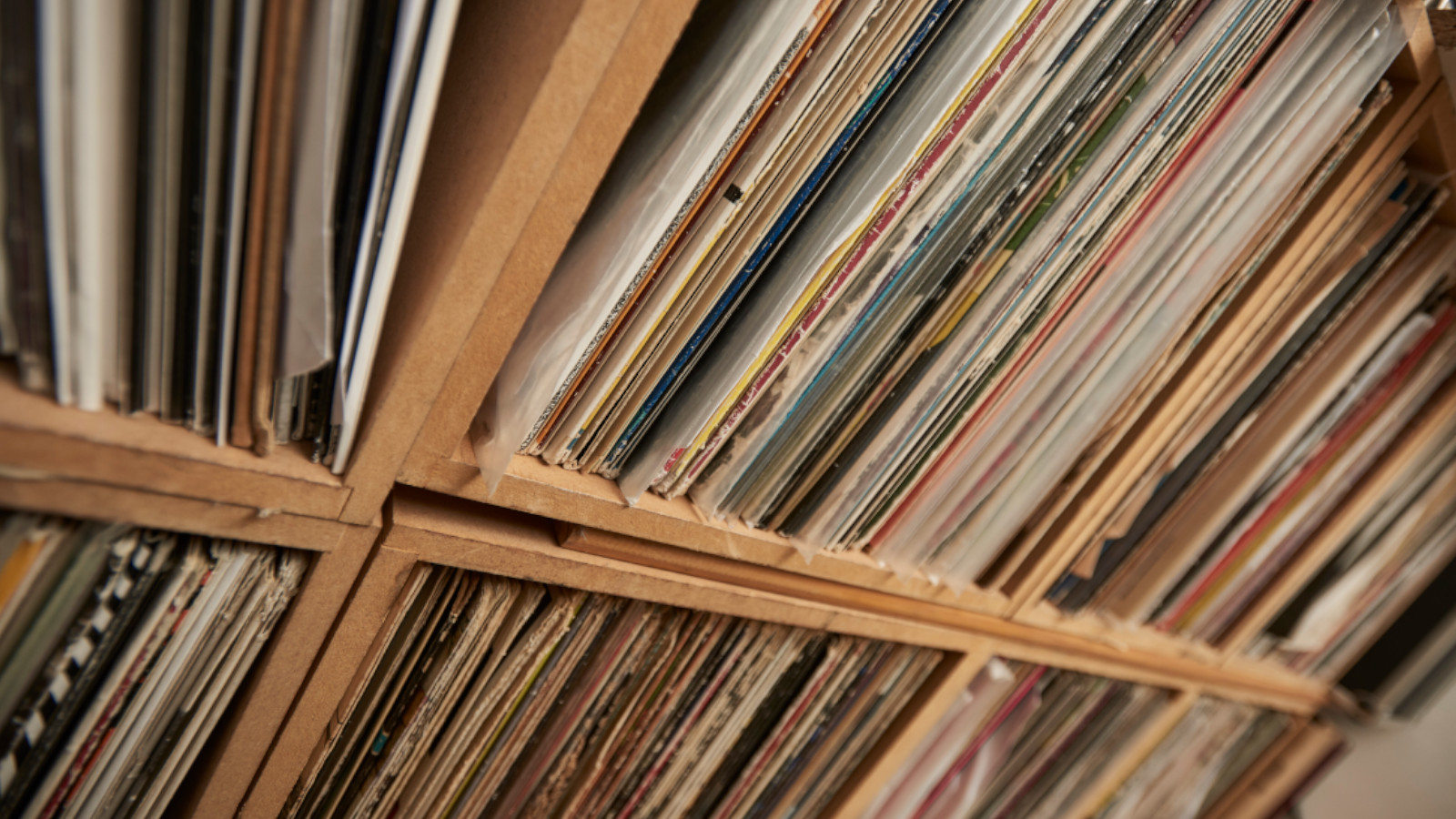
We've already compiled a handy guide to storing your vinyl records – but the main points here are: keep them away from excessive light or heat, and in a dry place; use plastic wallets and dividers to stop you over-thumbing them; store them upright, not stacked; make sure to put the vinyl back in its inner sleeve; and use recommended products to keep them clean.
Be especially wary of heat. Vinyl really, really doesn't like getting hot. Don't store your vinyl in direct sunlight or too close to a radiator or heat source, but also be careful on the way home from the record shop. Should you be lucky enough to have bought your new record on a particularly hot day, don't leave your new purchase in the car while you wander off to other shops. Like dogs, it's cruel – and no, you can't just crack a window.
Once, years ago, I'd bought Dinosaur Jr's seminal Bug album and, after an extended day out, got a takeaway on the way home – and put the well-wrapped food in the same bag as the vinyl. When I went to play my brand new record, I found just five minutes of excess heat had warped it and rendered it unplayable.
- Our step-by-step guide on how to clean your turntable
Listen through decent kit
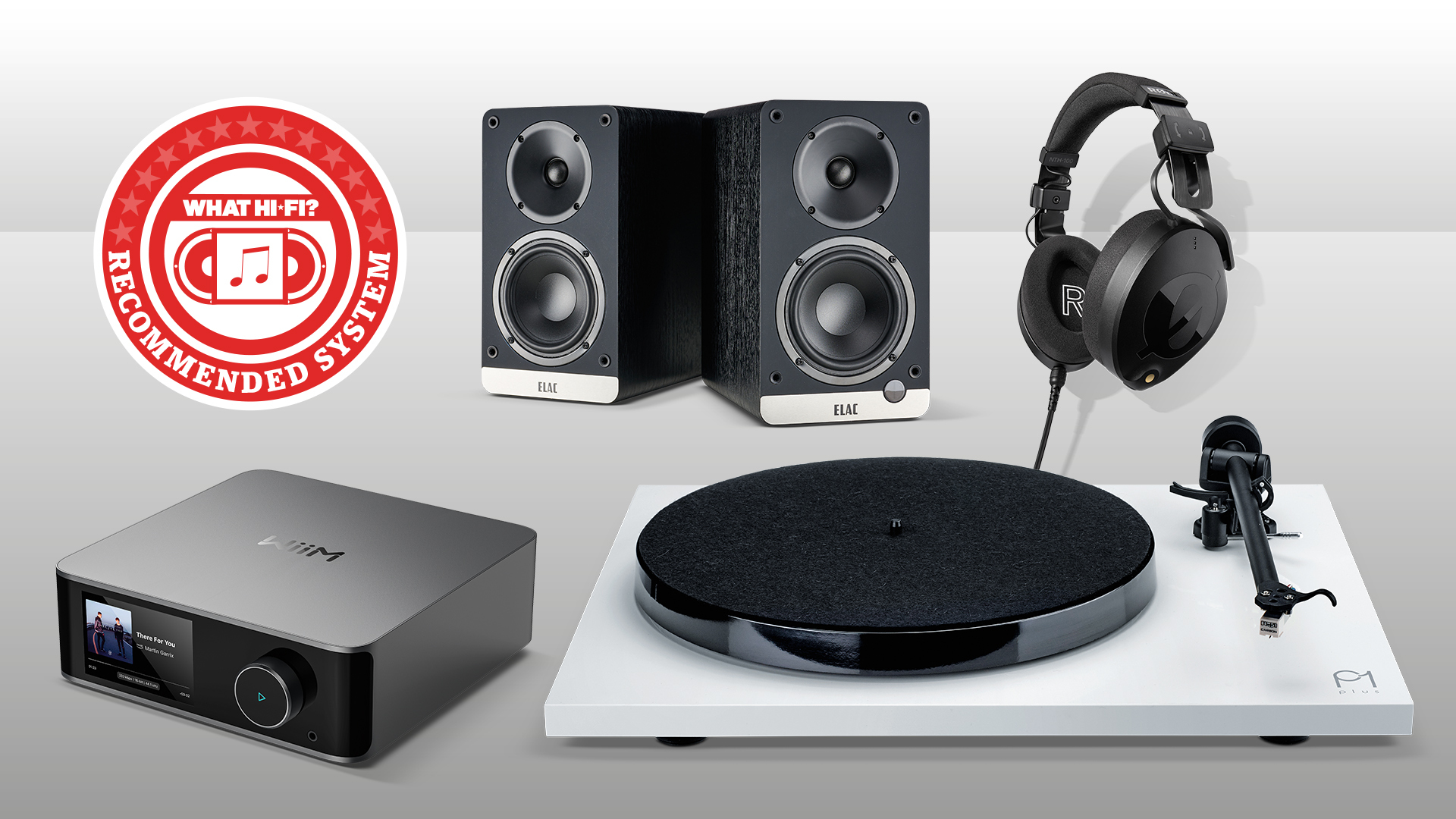
If you're reading What Hi-Fi? in the first place, then we really shouldn't need to say this – but if you're serious about vinyl, you should have at least good, if entry-level, gear with which to play your records. You can find many buying guides for best affordable turntables and other necessary gear on What Hi-Fi?, and you can also have a set-up with fewer boxes than a full separates system entails – for example a turntable with a built-in phono stage and a pair of powered speakers.
You don't need only the very best set-up to enjoy your collection, but of course the better it sounds, the more you'll enjoy your records. It's sort of the point. We'd probably recommend not playing your records on those all-in-one decks that looks like a suitcase, too.
Speaking of which, make sure the tracking weight of your tonearm isn't too heavy (or too light), which can each cause their own kinds of problems for your vinyl. Again, follow our guide to setting up your turntable properly.
Check the record you're buying online is the real deal
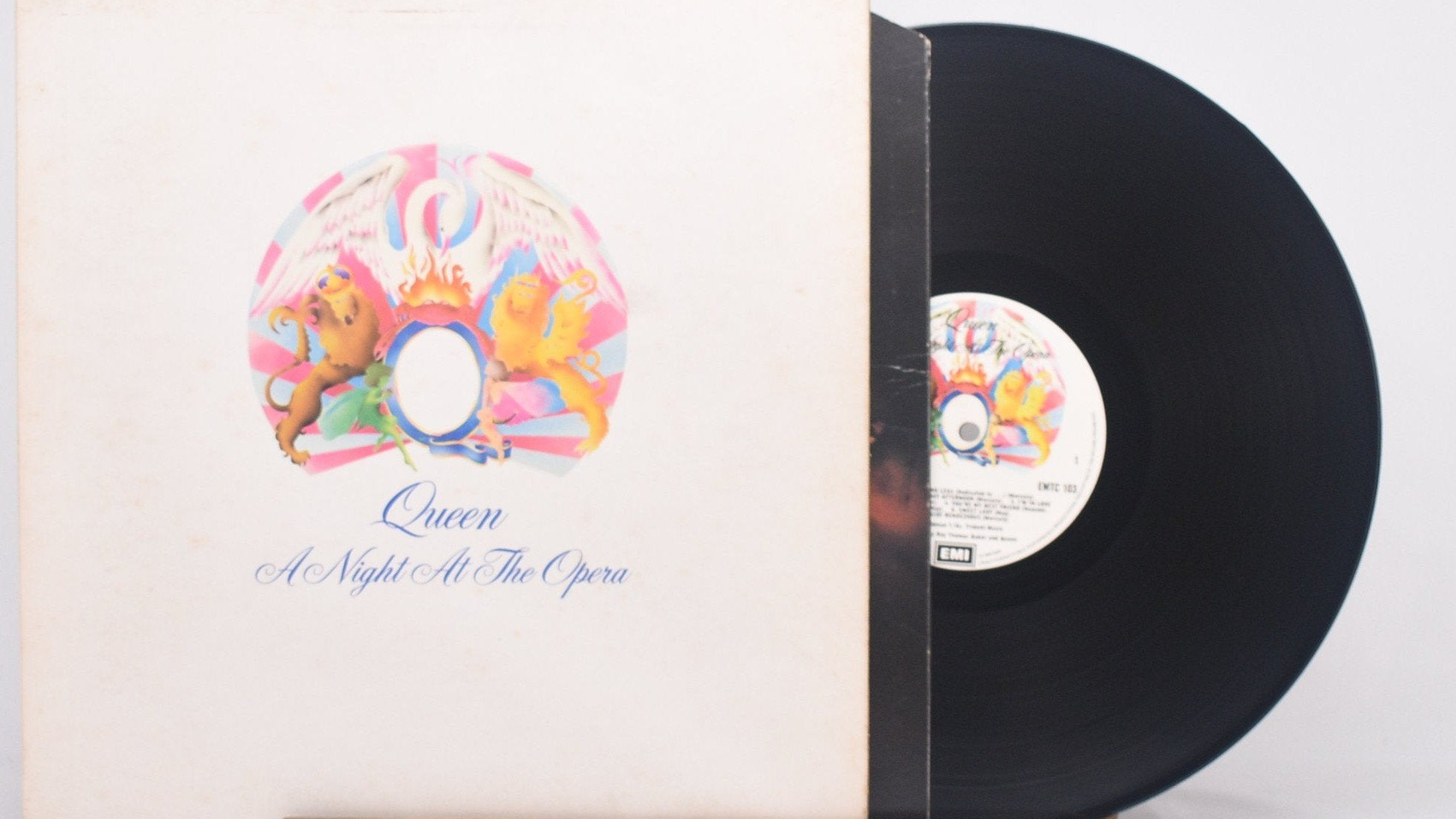
For the serious collector, of course, there are plenty of sites online to virtually dig for rarer editions, but if you're just starting out there's few better places to look at than eBay and Discogs. The latter’s marketplace features bona fide dealers, and it tells you the condition (based on established grading criteria, such as Mint, Near Mint, Very Good Plus, down to Fair/Poor) of every listed record's vinyl disc, and also its sleeve.
Being able to compare an album's various listing prices should also ensure you don't overpay. As on eBay, be sure to check the seller's history, star rating and reviews. If you're going via eBay and the like, a good seller should give you plenty of information about the record's condition, and even a catalogue number. You can always cross-check that record against listings on Discogs to check value and authenticity (and again make sure to read the seller's history and reviews).
You can't always 100 per cent trust the grading (one person's idea of 'near-mint' isn't necessarily going to make it so), but it's a fair start. If you have the time, it's worth a quick Google for mentions of a record's catalogue number on forums, message boards and comments sections, as whole batches may have fallen victim to factory error or pressed on sub-par vinyl.
Fakes are rare, but they are out there, unfortunately. These are pirated pressings, as opposed to bootlegs (which can themselves be worth owning as they preserve albeit unofficial live recordings, outtakes or otherwise unreleased tracks that might otherwise have been lost), that will not be mastered from an owned, original recording. If you're in any doubt as to the authenticity of a record, we have some tips for spotting fakes here.
Know what you want in your collection
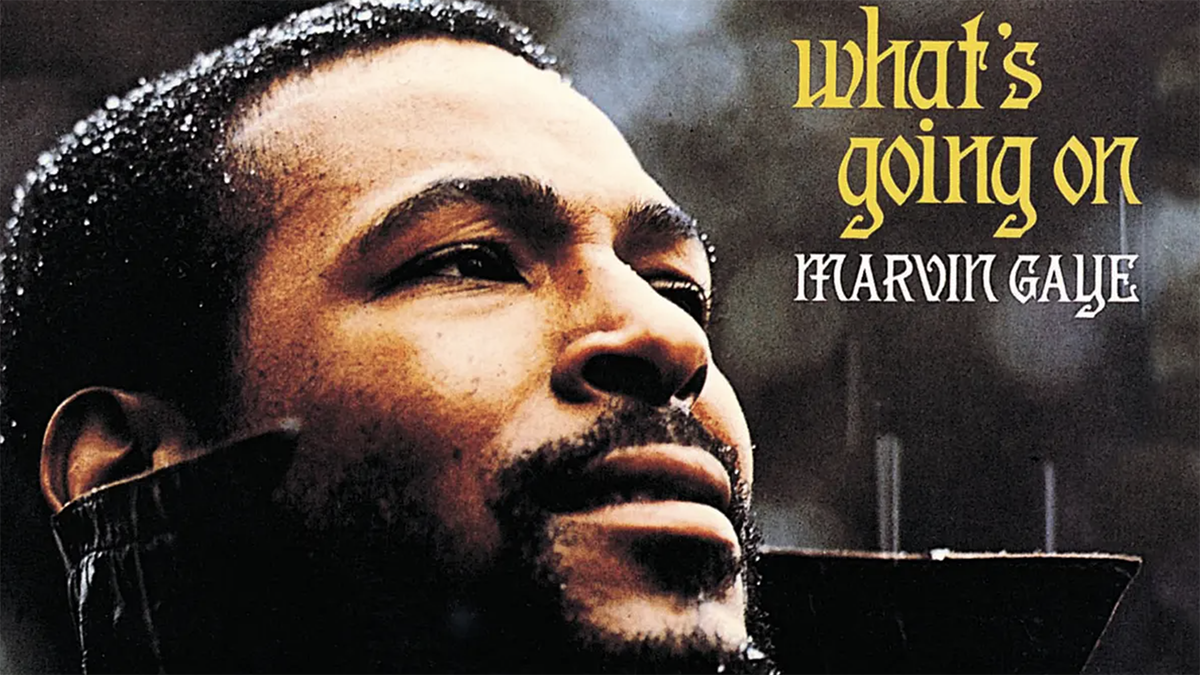
There's a lot of music out there, and it can be a bewildering experience wandering into a well-stocked record store without knowing what you want. I still experience at least a partial mind-wipe of the records I'm after as soon as I walk in the door.
It helps to keep in mind an idea of what you're looking for, or better yet keep a list. If you're collecting – and as a hugely collectible thing, vinyl records have a certain cache that means you'll want your collection to be only full of great things, not impulse buys – it might help to give you a better start to your hunt to have at least prioritised artists.
After some cool albums, but not sure where to start? Something like Rolling Stone's Greatest Albums of All Time contains, obviously, plenty of records that are considered classic. You're not going to go far wrong with having Marvin Gaye's What's Going On, Nirvana's Nevermind, Prince's Purple Rain or Fleetwood Mac's Rumours (all in the Top Ten) in your collection, for example.
Or you can always peruse our list of the best-sounding vinyl records to test turntables for inspiration.
...but, most importantly, collect what you love
Don't let anyone tell you that Daphne And Celeste Save The World isn't worth owning on vinyl, should you happen to be a big fan…
And don't be intimidated into buying that classic hard bop jazz album that everyone always goes on about if you're never, ever going to listen to it. Because, specifically, you even don't like jazz.
And don't feel like you just have to buy something because you've spent an hour or more filing through records, if you haven't found something you really want. Just walk away, and return another day. You'll be glad you did.
MORE:
From voice to vinyl: how records get their groove
Get the What Hi-Fi? Newsletter
The latest hi-fi, home cinema and tech news, reviews, buying advice and deals, direct to your inbox.
Chris is What Hi-Fi?'s Production Editor. He has 25 years under his belt as an online and print magazine journalist, editing and writing about music, film, sport, video games and more. Having started his career at the NME, he spent 10 years on staff at legendary lad's mag Loaded, and has since been Editor of Rhythm and Official Xbox magazines.
You must confirm your public display name before commenting
Please logout and then login again, you will then be prompted to enter your display name.
